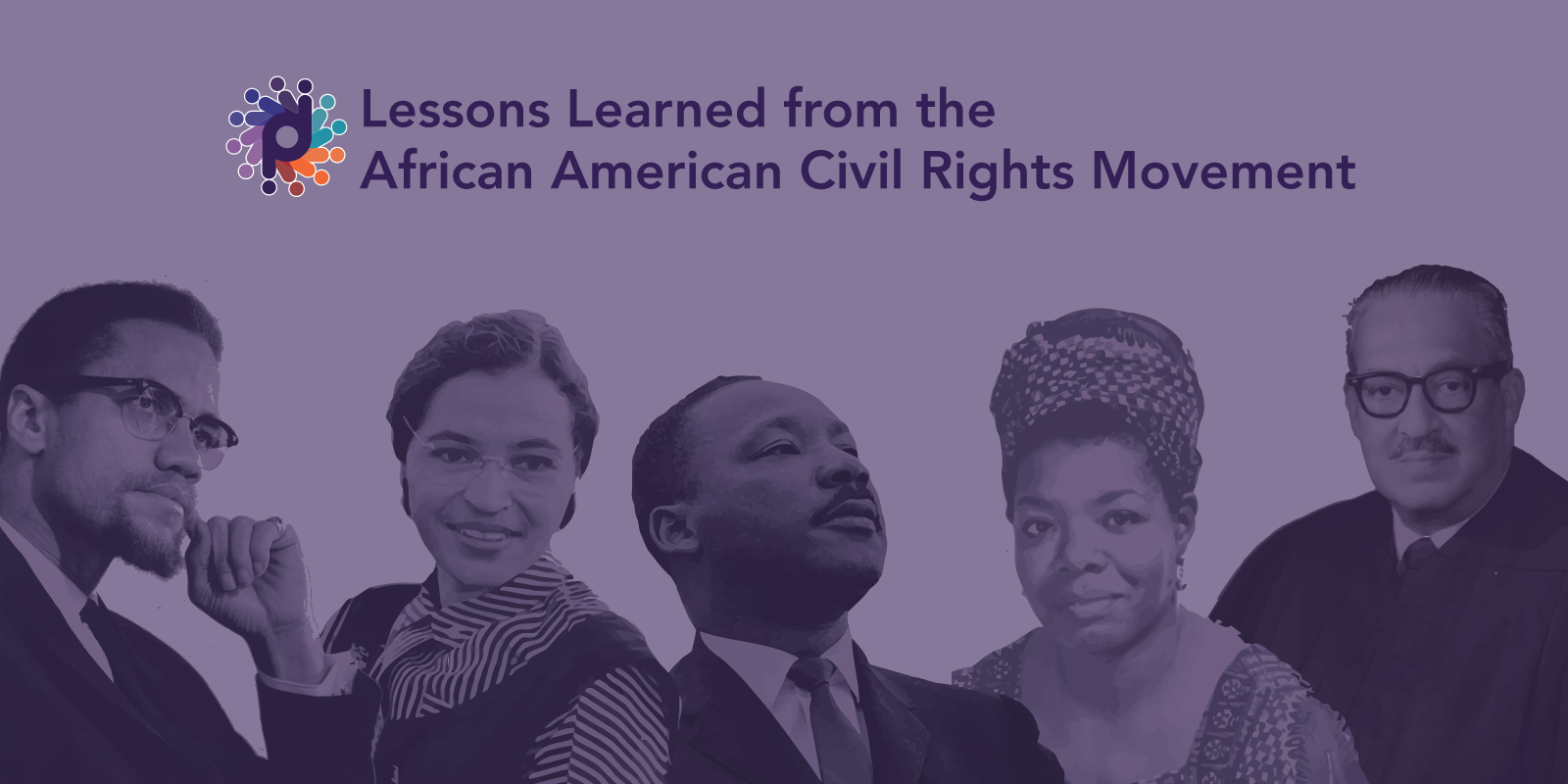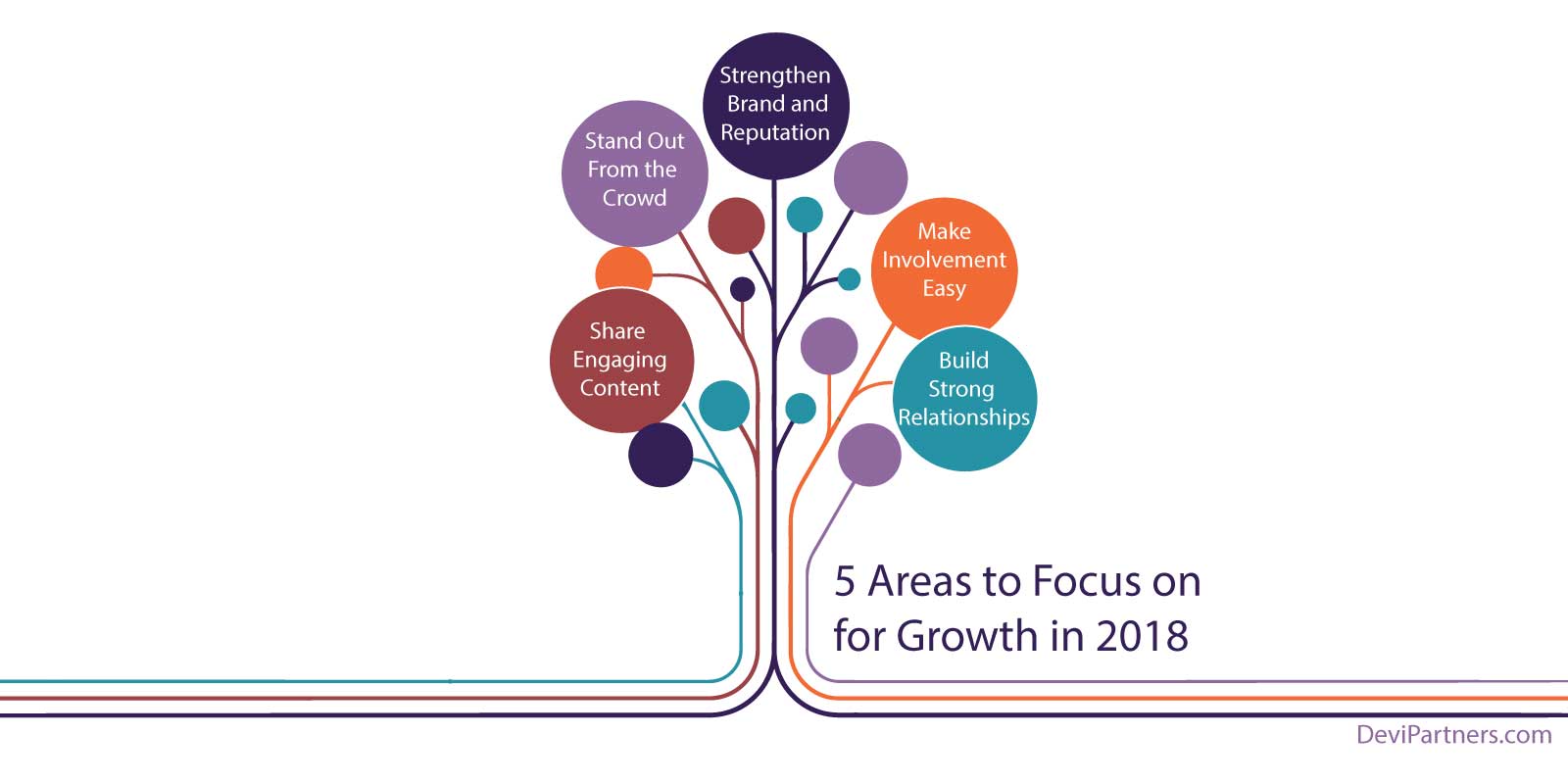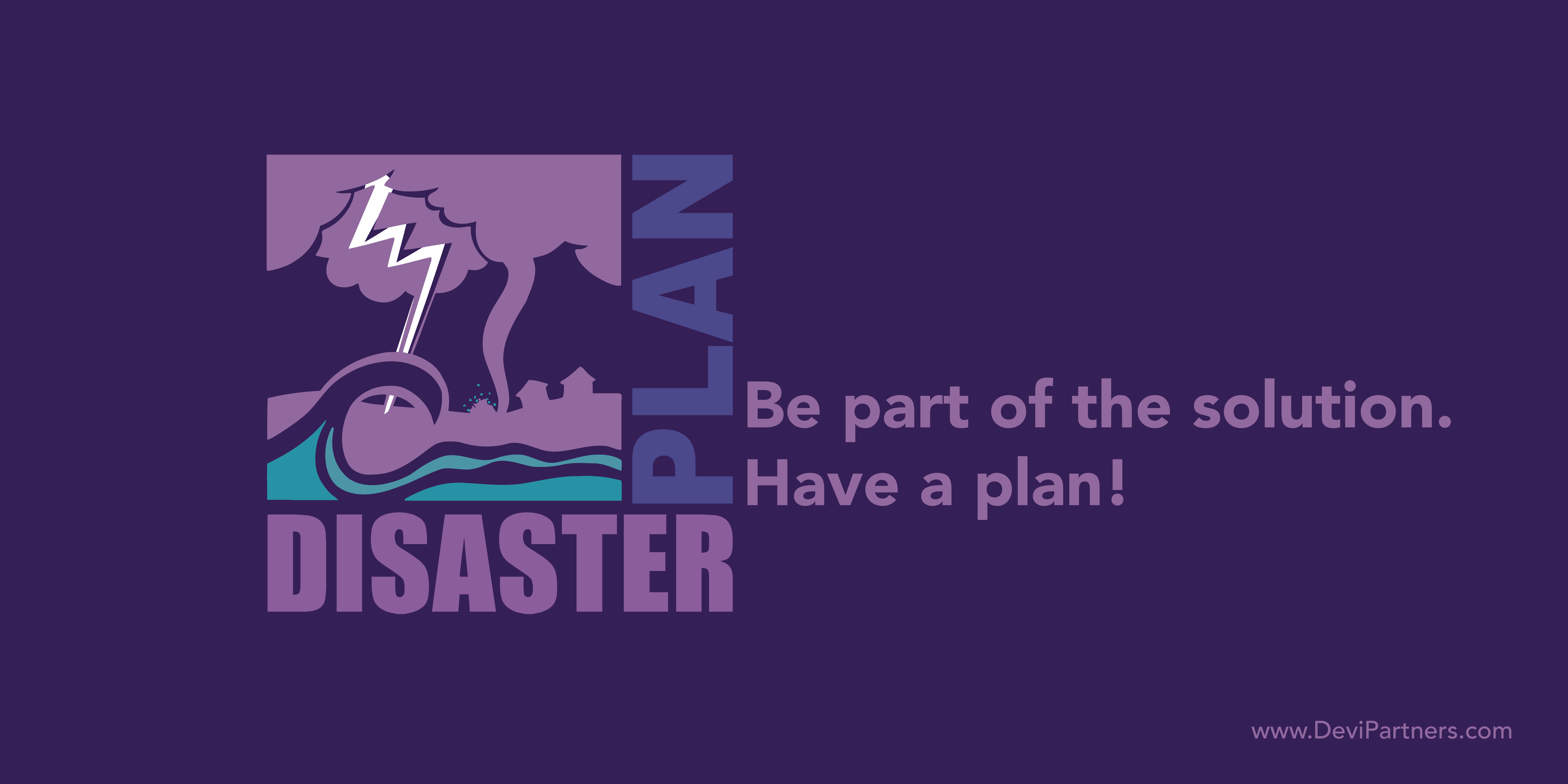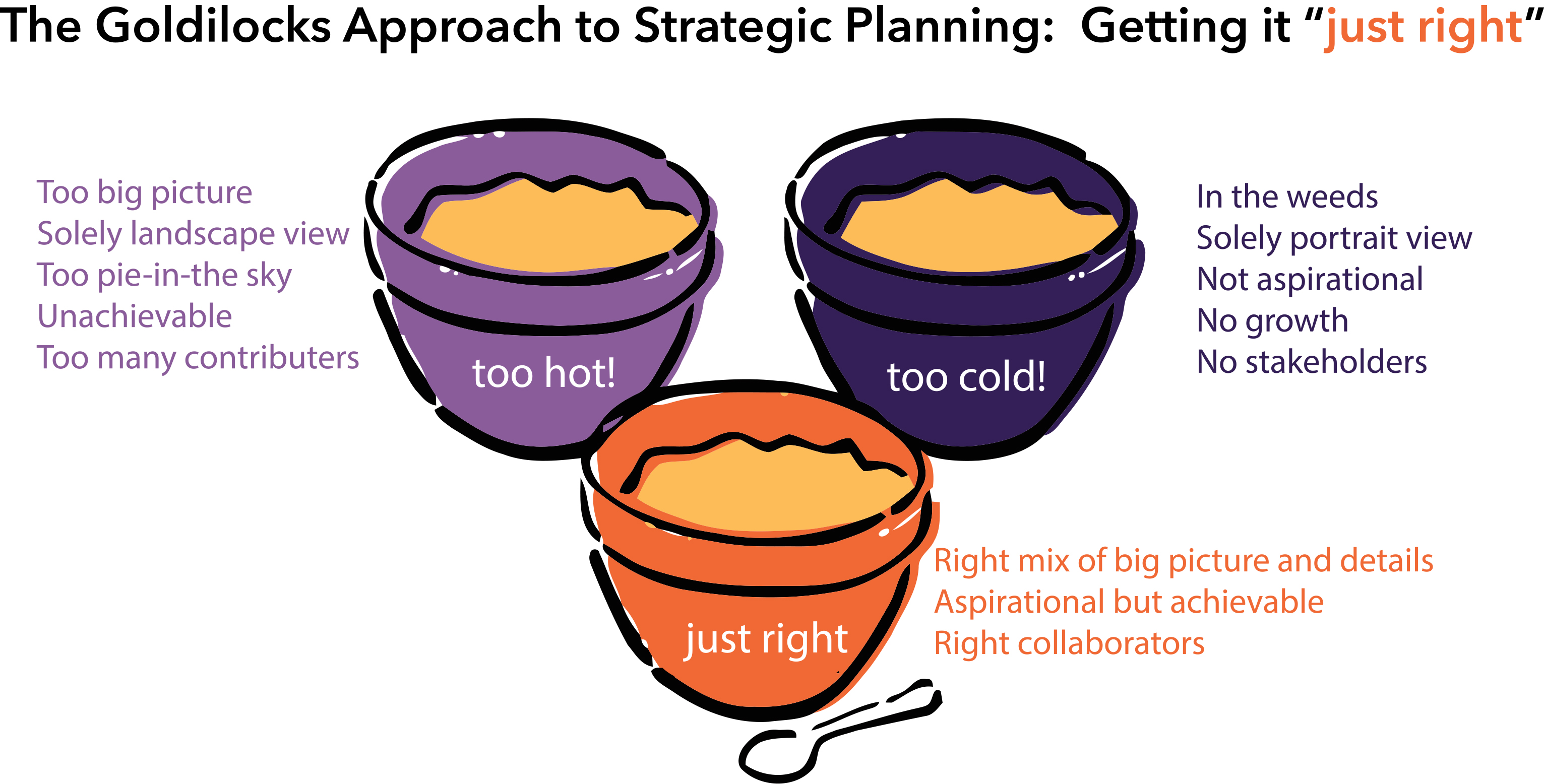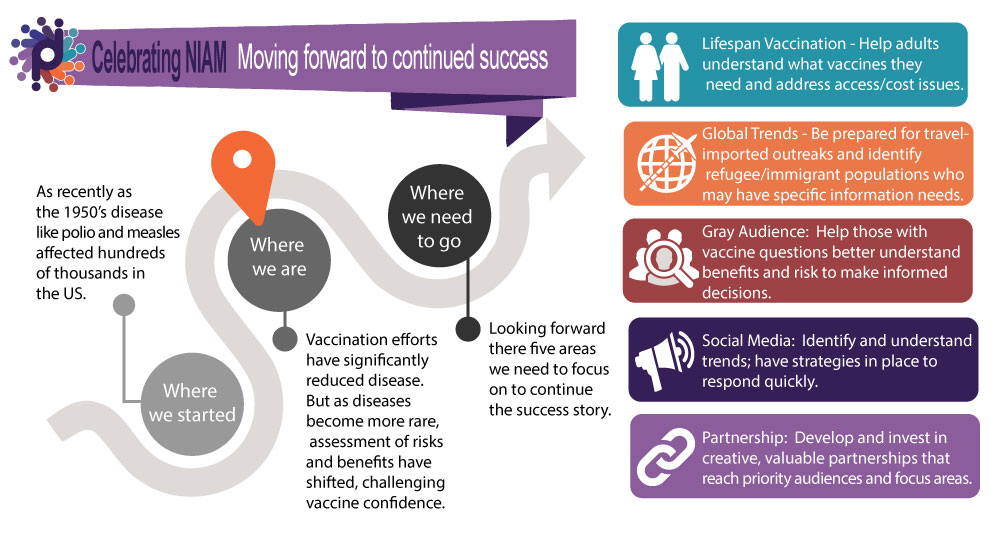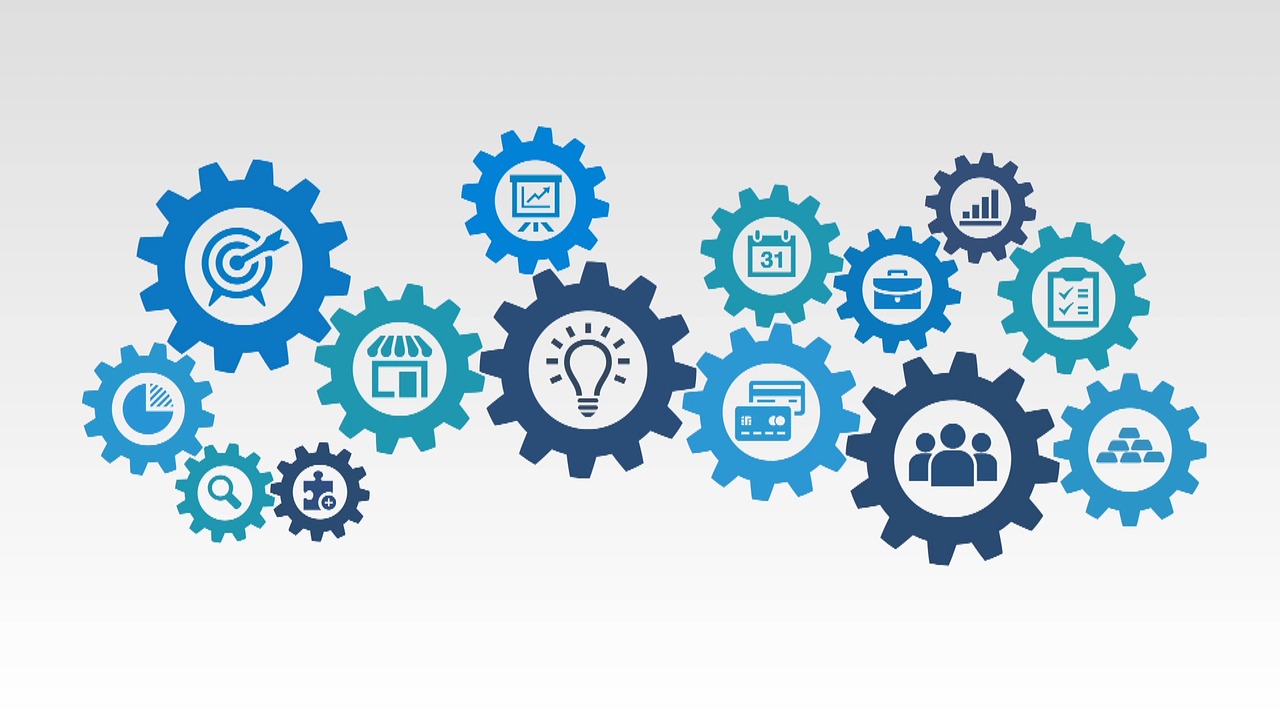Addressing social issues is not easy. Not only are the causes complex and influenced by multiple factors, but lasting solutions require changing cultural norms and attitudes that are deeply entrenched – and oftentimes, deeply divisive.
As we continue to struggle around issues like racism, gender inequality, and gun violence, we are challenged to find ways to have productive conversations and find common ground. Here are five important lessons learned from the civil rights movement to keep in mind.
1. Practice humility.
“We must speak with all the humility that is appropriate to our limited vision, but we must speak.” – Martin Luther King, Jr.
It’s important to speak up for what we believe. It’s equally important to recognize that we are limited in our experience, knowledge, and understanding. When people challenge our world view or have a different opinion, we can’t just assume they are wrong or dismiss them. We should take the time to understand their perspective, try to understand the context that shaped how they see the issue. It may not change your position on an issue, but it may provide helpful insight to better approach the issue or strengthen your case.
Developing that humility in today’s world is not easy. People are constantly striving for affirmation and attention, and access to information online provides the false sense of expertise. That’s why it takes practice. Here are Six Principles for Developing Humility published in Harvard Business Review that are a helpful place to start.
2. Be prepared.
“Tomorrow belongs to those who prepare for it today.” – Malcolm X
No matter how strongly you feel about an issue, it is highly unlikely that you will be successful in creating change without some groundwork. Before you take action, do your research.
- Develop a deep understanding of the issue. Chances are there are complex causes and factors involved, even if it seems like a no brainer to you.
- Identify what’s currently being done to address the issue. Most likely there are others working toward similar goals that you can learn from, join, and support.
- Get everyone on the same page. Sustainable change will require coordinated efforts across different people/groups, so have a clear strategy for how to communicate about it to get your key points across most effectively and consistently.
3. Focus on issues and values rather than individuals.
“I would like to be remembered as someone who wanted to be free…so that other people would also be free.” – Rosa Parks
Social issues tend to become very political issues. And when we bring politics into the debate, we often focus on individuals, whether they are politicians or leaders of movements. We focus on their policies, their actions, their rhetoric. Their individual strengths and weaknesses get tied into their stance on the issue. Focusing on an individual’s (or a party’s) stance on an issue can deepen the sense of division.
But social justice movements are bigger than individuals, they are about what we believe in and what we strive for. It’s more likely that you can find common ground about things people care about rather than how they feel about an individual. Focus on shared values and goals, rather than politics and politicians. The Washington Post recently conducted interviews across the U.S. that revealed several beliefs that unite Americans despite current partisan divides.
4. Be civil and kind.
“My wish for you is that you continue. Continue to be who you are, to astonish a mean world with your acts of kindness.”
– Maya Angelou
There is a lot of anger and fear in the world today. We have political leadership that uses hateful and demeaning rhetoric. And social media makes it easy to lash out in ways that we wouldn’t do in person, or in front of our families and colleagues. When faced with this environment, the gut reaction may be to volley back with the same, but that’s not productive.
Approach differences of opinion with compassion and understanding rather than contempt. Show those who are hateful kindness, so they are reminded of your humanity. Model the positive, so they might learn to change their behavior. Here’s a great example of how reacting to an online attack with kindness led to positive change.
5. Don’t demonize the opposition.
“In recognizing the humanity of our fellow beings, we pay ourselves the highest tribute.” – Thurgood Marshall
Lastly, remember that we are all human. We may hold vastly different beliefs and behave in ways that hard to understand, much less forgive. However, holding grudges makes it hard to move toward a productive relationship. Whether we like it or not, we are in this together. We have to live and work together. We have to forgive so that we may move forward.

